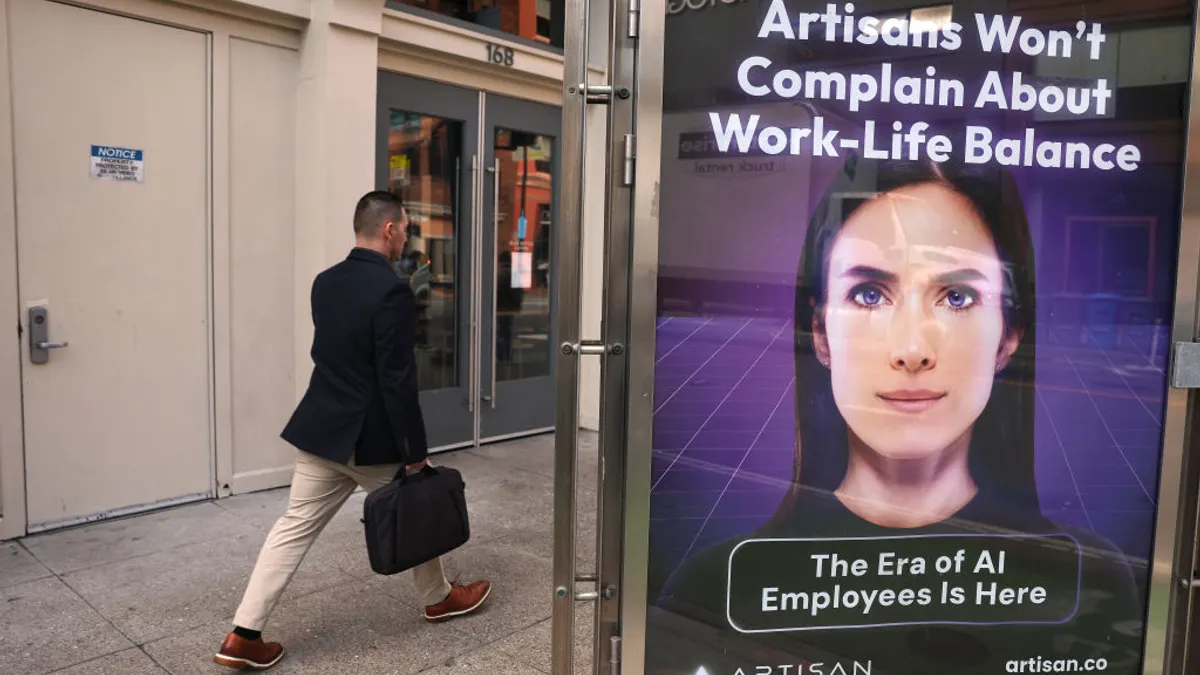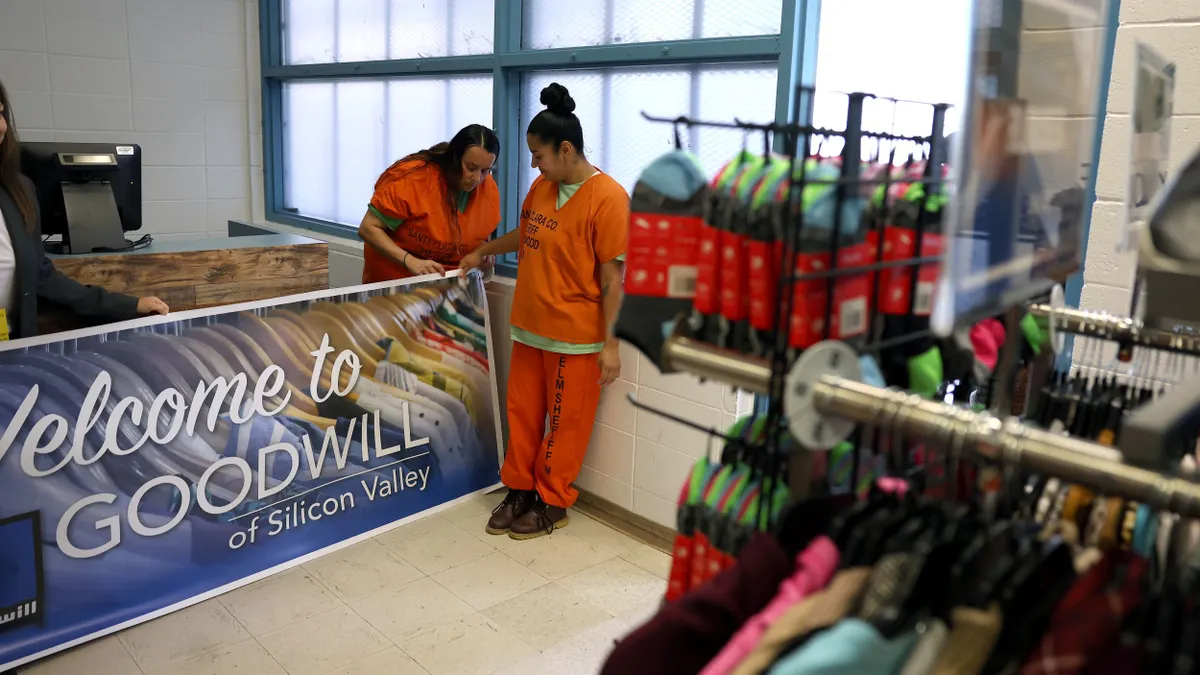In the tight labor market, employers are increasingly rethinking their requirements to meet staffing demands. Some are re-evaluating whether four-year degrees are really necessary for certain jobs; others are hiring workers without experience and training them themselves.
And "red flags" — things that used to send resumes right to the circular file — are getting a second look. Employers are asking themselves whether some things just aren't worth disqualifying an otherwise qualified candidate over. But which ones can go? And which ones should still be "red flags" today?
Job-hopping, gaps and regressions
There was a time when a candidate with a long tenure at one company was considered a find. They were thought to be solid, dependable workers, and job-hoppers were viewed as a risk. Now, however, employers can't afford to turn away a worker who stays with employers for only three to five years; shorter tenures are now the norm, and employers have been forced to rethink whether job hopping is a red flag.
The same goes for gap in employment or obvious career regressions. They were typically automatic disqualifiers, but today we know that many employees take time off to raise a family or for caregiver responsibilities. Others decide an 80-hour workweek doesn’t fit their needs, and opt for less demanding work to better manage their work-life balance.
"We’re seeing a shift in what was historically a red flag for recruiters,” Dawn Hirsch, chief human resources officer at HireRight told HR Dive. With regard to job hopping and breaks in service “there’s a lot more acceptance and tolerance.”
Online warning signs
In the early days of social media, it was unclear whether recruiters should scan online profiles for red flags or avoid them entirely to avoid seeing things they shouldn’t. But today up to 80% of recruiters admit to doing so.
But the things that recruiters used to find on social media, like evidence of marijuana use, sometimes aren't quite the red flags that they used to be. As more states legalize marijuana use (not to mention Maine, which has outright protected it), some employers have opted to ignore that, finding that not doing so leaves them with too small an applicant pool.
There are a few precautions to take here, however. Hirsch recommends employers outsource social media scanning to have someone else scan profiles and pass along only information that's directly relevant to the job. Any other data, like a gravely ill child, is screened out.
In addition, "it’s important to have a policy in place that spells out with laser focus what you’re looking for and why,” according to Alonzo Martinez, associate counsel of compliance at HireRight. And you should be prepared to defend that need.
Both Hirsch and Martinez recommend you never base an employment decision solely on social media information.
Fewer questions
Across the country, new bans prohibit employers from asking about things like criminal history. Without this information, more resumes should be making it to the interview stage, skirting what were once red flags. And to combat the talent gap, many employers are dropping these questions voluntarily.
“Low-level or non-violent offenses may need to be overlooked in a tight labor market,” according to Challenger, Gray & Christmas, Inc.’s VP, Andrew Challenger. “That said, violent crime or crimes of a sexual nature may indicate a problem for the workplace. It wholly depends on the candidate, how he or she presents themselves, and whether the explanation of the offense is something employers can accept.”
Red flags that remain red (maybe)
For all the red flags that employers are choosing to downgrade, some actions are still dealbreakers. Sloppy resumes, rambling cover letters or badmouthing a former employer during an interview still tend to send recruiters and hiring managers running.
Resume lies remain a deal breaker for most, too. According to some surveys, up to 85% of resumes contain lies and exaggerations. Hirsch believes a small discrepancy on dates might be inadvertent, but falsifying academic credentials just won’t fly.
“Ultimately it is up the employer to determine their threshold, and they should make sure they have a clear policy, so their practices are consistent no matter who the candidate is,” Hirsch said. She suggested even warning candidates upfront that falsifications will result in disqualification from the process.
Allegations of sexual misconduct not only remain red flags but may be bigger dealbreakers than before, Challenger noted. The #MeToo movement and the media attention around this problem is making employers take heed.
“Employment gaps and marijuana use are becoming more acceptable to employers, but sexual harassment claims – or any kind of record of sexual misconduct – [are] certainly not," he said. "In the era of #MeToo, employers are being extra conscientious of creating a safe environment in the workplace.”
But in a tight labor market, some things that used to disqualify applicants may need to be reconsidered.
“It’s a job seeker’s market, and employers may have issues finding the right talent," Challenger said. "If they find a candidate with the skills necessary to do well in the position, they may overlook things that they normally do not.”



















